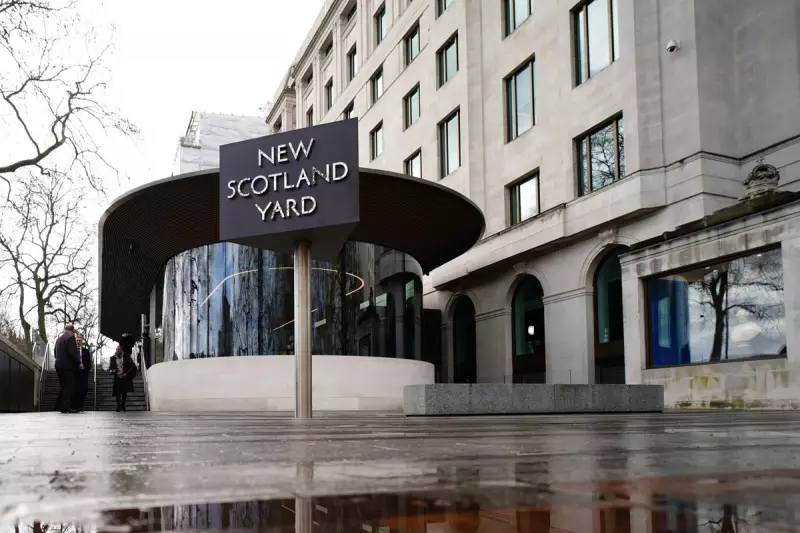
In a dramatic response to the devastating Charing Cross police station report and the shocking murder of Sarah Everard by a serving officer, Metropolitan Police Assistant Commissioner Mark Rowley has declared a new "Al Capone" style zero-tolerance approach to cleaning up the force.
The strategy, named after the infamous gangster finally jailed for tax evasion rather than his violent crimes, will see detectives pursue corrupt officers for any provable offence, no matter how minor, to remove them from service.
A Force in Crisis: The Charing Cross Scandal
The urgent new measures follow a landmark report by the Independent Office for Police Conduct (IOPC), which exposed a culture of rampant misogyny, racism, bullying, and sexual assault among officers at Charing Cross police station. The probe uncovered deeply disturbing behaviour, including officers discussing rape and exchanging profoundly offensive messages.
While the investigation led to the dismissal of nine officers, two were merely disciplined, and another seven had already resigned, escaping formal accountability. This outcome has sparked public outrage and deepened the crisis of confidence in Britain's largest police force.
The Sarah Everard Effect: A Watershed Moment
The Met's reputation was already shattered by the case of Wayne Couzens, the serving Met officer who used his warrant card to falsely arrest Sarah Everard before kidnapping, raping, and murdering her. This horrific crime, committed by a person sworn to protect the public, forced a long-overdue national reckoning on police culture and vetting procedures.
Assistant Commissioner Rowley, the Met's lead for frontline policing, acknowledged the profound damage these events have caused. "The report reveals attitudes and behaviours that are disgusting and shameful," he stated, admitting the force had been "horrified" by the findings.
The New 'Al Capone' Doctrine: Pursuing Any and All Offences
The centrepiece of the reform plan is this aggressive new pursuit policy. If detectives cannot secure evidence for a major misconduct charge, they will be instructed to build a case for any smaller, actionable offence to ensure corrupt individuals are ejected from the force.
This method mirrors the approach used by US authorities to finally imprison Chicago gangster Al Capone on tax evasion charges when proving his more violent crimes proved difficult.
This announcement signifies the Metropolitan Police's most robust commitment to date to root out a toxic minority and begin the arduous task of rebuilding shattered public trust.





